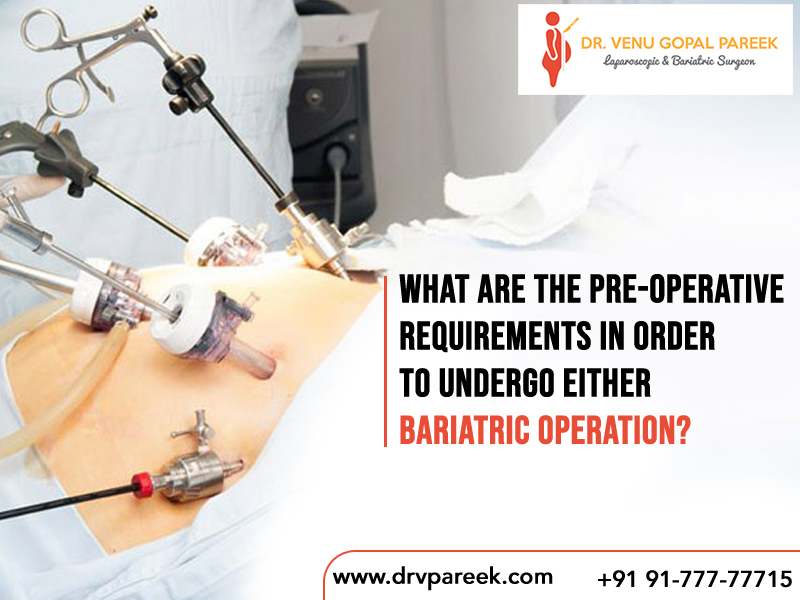Frequently asked questions about bariatric surgery
Many in the world are tackling the problem of Obesity. The first step is to try out a modified lifestyle. Changing dietary habits and regular exercise should be done irrespective of if you are thinking about weight loss surgery or not. One thing to remember is that surgery is one important milestone in the long journey of weight loss. It is also important to understand Who is eligible for the
How will bariatric surgery improve my overall health?
Bariatric surgery can be life-changing for those who are obese but are unable to achieve long-term success with other weight loss attempts. Apart from taking those extra kilos off, weight loss surgery has other benefits too. Gastric bypass and sleeve gastrectomy are the most commonly done procedures, and they lead to sustainable weight loss. What is the principle behind weight loss surgery? There are mainly 2 principles behind Bariatric surgery:- Reduce the
What are the dos and don’ts after bariatric surgery?
Remember that weight loss surgery has the power to change your life, but it's only the starting step. After surgery, it's essential to take measures that can enhance the longevity of the results and improve your health and life. Some procedures like the gastric balloon are temporary, and some, like gastric band surgery, do not alter your anatomy. It's important to note that always follow the dietary guidelines of your physician.
What are the pre-operative requirements in order to undergo either bariatric operation?
Bariatric surgery is different from other surgeries. It changes your whole personality, alters your physical, mental and emotional health. It is one of those surgeries where pre-operative care is equally important as post-operative care. The more thought and lifestyle changes the patient makes before surgery, the easier the transition will be, and the better will be your weight loss results. Ensure your body's health for the procedure, and at the
Improve your heart health with Bariatric surgery during these Covid Times
Let us clearly understand how obesity is defined—being overweight or obese means that a person's weight is more than the "healthy weight" for a "given height." BMI(Body Mass Index) is a conventional metric to define overweight and obesity. One can easily calculate their BMI by dividing their weight in kilograms by the square of height in meters. In adults, BMI of 18.5 to 25 is the normal range, 25 to
Why Do Patients Gain Weight After Bariatric Surgery?
Many people who undergo weight loss surgery are excited about the new opportunities for them after surgery. You imagine life without obesity-related diseases and ready to live your life without gaining weight. They also worry about the possibility of gaining weight after surgery. Many patients have problems because of gaining weight after bariatric surgery. Unfortunately, some people regain weight over time after undergoing weight loss surgery. Hence, for optimal weight loss
Advantages And Disadvantages Of Different Types Of Bariatric Surgery
Obesity is considered a significant cause of illness and increases the risk of serious life-threatening diseases such as heart disease, type 2 diabetes, sleep apnea, and some types of cancer. Losing weight and maintaining it at a healthy level is the best way to reduce the risk of all of these health conditions. But losing weight can be difficult for those who are very obese and a bariatric operation can








